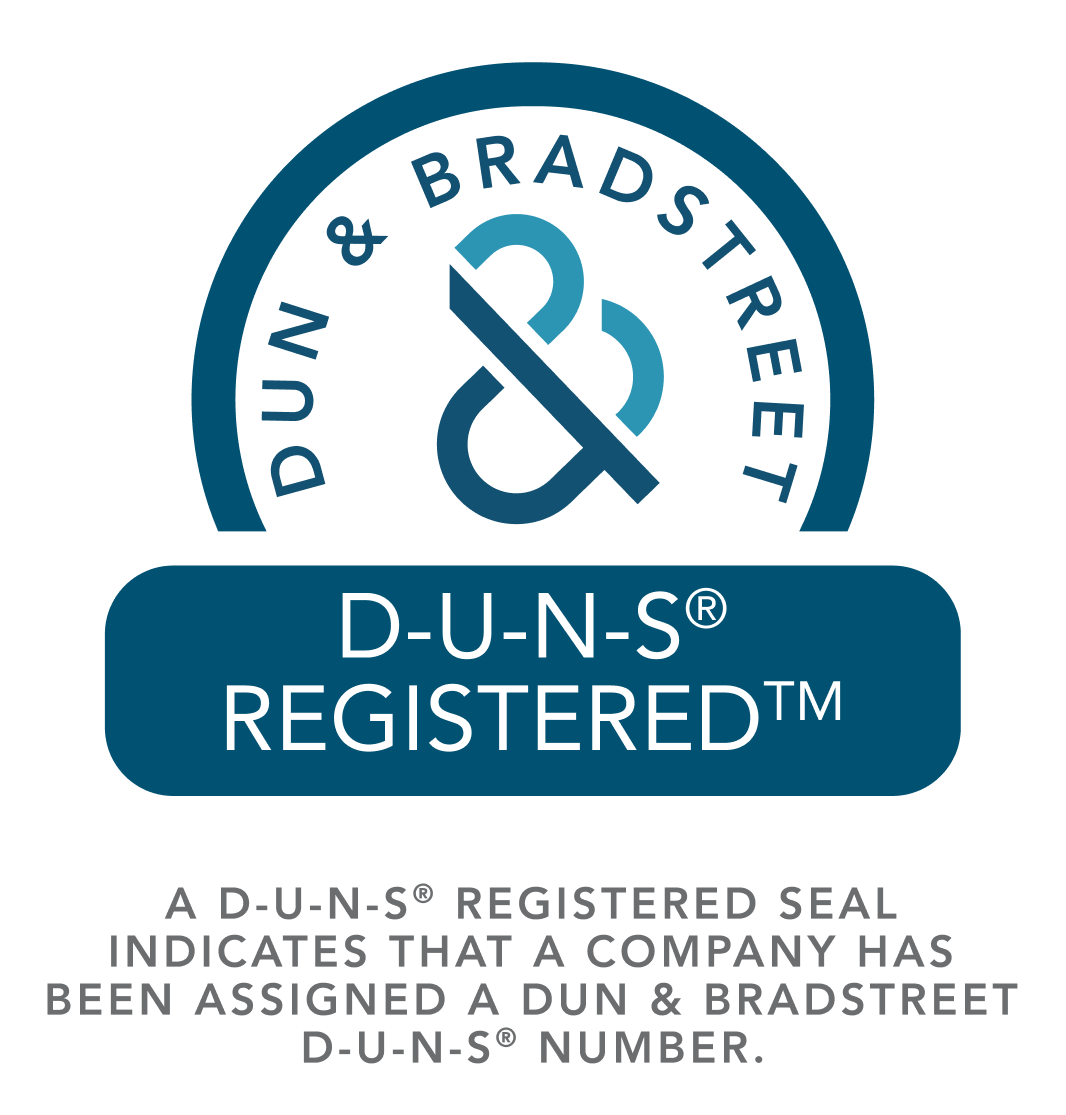
How to Guard Against Synthetic Identity Fraud. Yep...It’s a Real Thing.

The increased concern over online F&I fraud rages on in the news. And with dealerships leaning on digital sales throughout the COVID-19 pandemic, the risk of fraud, particularly buyers using false identities, has popped back into the F&I radar. Identity theft is a crime that costs businesses and individuals millions of dollars a year. This crime involves stealing another person’s identity through high jacking their Social Security Number and other personal info to help open a new credit account.
But there is actually something worse that dealers have to worry about. Synthetic Identity Fraud. Right up there with ‘murder hornets’…one bad thing just gets worse. Synthetic ID fraud has a criminal constructing a completely new identity cobbling together personal identifiers from several different people. The address, SSN, date of birth, address, and name of separate people. Not one person but bits from a bunch of different unsuspecting people and often under a fictitious name.
Some call this ‘Frankenstein’ fraud. The fake buyer is literally assembled using a patchwork of personal info and because this new identity is usually cultivated over a period of a few years, it may not be obvious to those trying to root out the crime.
Here are 3 ways your dealership can safeguard against synthetic identity fraud at a time when dealerships can least afford to have it happen to them…
1) Fine Tooth Comb the Credit Report –
One way to catch synthetic identity fraud is to look carefully at how long the buyer has had open credit versus their age. If your buyer is 45 years old and has his/her first credit account 5 years ago, that’s likely a synthetic identity. Anyone that old would have a deeper credit history than just a few years. If the oldest credit record is as an authorized user, that could also be an indicator of a fake identity. Criminals will use authorized user access as an easy way to start building out the credit profile.
2) Credit Repair Can Give it Away –
Not to say that all credit repair organizations are bad but unfortunately many have a dubious reputation in the industry. When criminals have constructed their synthetic identity, CRO’s can be used to help repair profiles to give an air of legitimacy on the credit report.
3) Watch Everything Carefully –
Here we are going to look at a set of easy precautions that involve the steps the dealership should take within its four walls.
First, if you don’t already do background checks now on staff, consider it soon. Anyone from sales to porters could get access to personal info that can be sold to someone who specializes in synthetic ID fraud.
Second, consider setting up video in the F&I office. Buyers who are using a fake identity are much less likely to go through with the transaction if they are being watched.
Lastly, empower your F&I staff with a strong Red Flag program and training to help them spot this kind of fraud early. If your F&I product suppliers offer this as part of their compliance training, take advantage of it as soon as possible. Many F&I schools are still virtual for now during COVID-19 but as some start to open back up for in person classes, see if they have this available.

Synthetic ID fraud has a criminal constructing a completely new identity cobbling together personal identifiers from several different people. The fake buyer is literally assembled using a patchwork of personal info and because this new identity is usually cultivated over a period of a few years, it may not be obvious to those trying to root out the crime.

F&I departments are already tasked with protecting the sensitive personal and financial information provided at the time of sale but is there another way to provide a better layer of protection to every buyer at your store?

